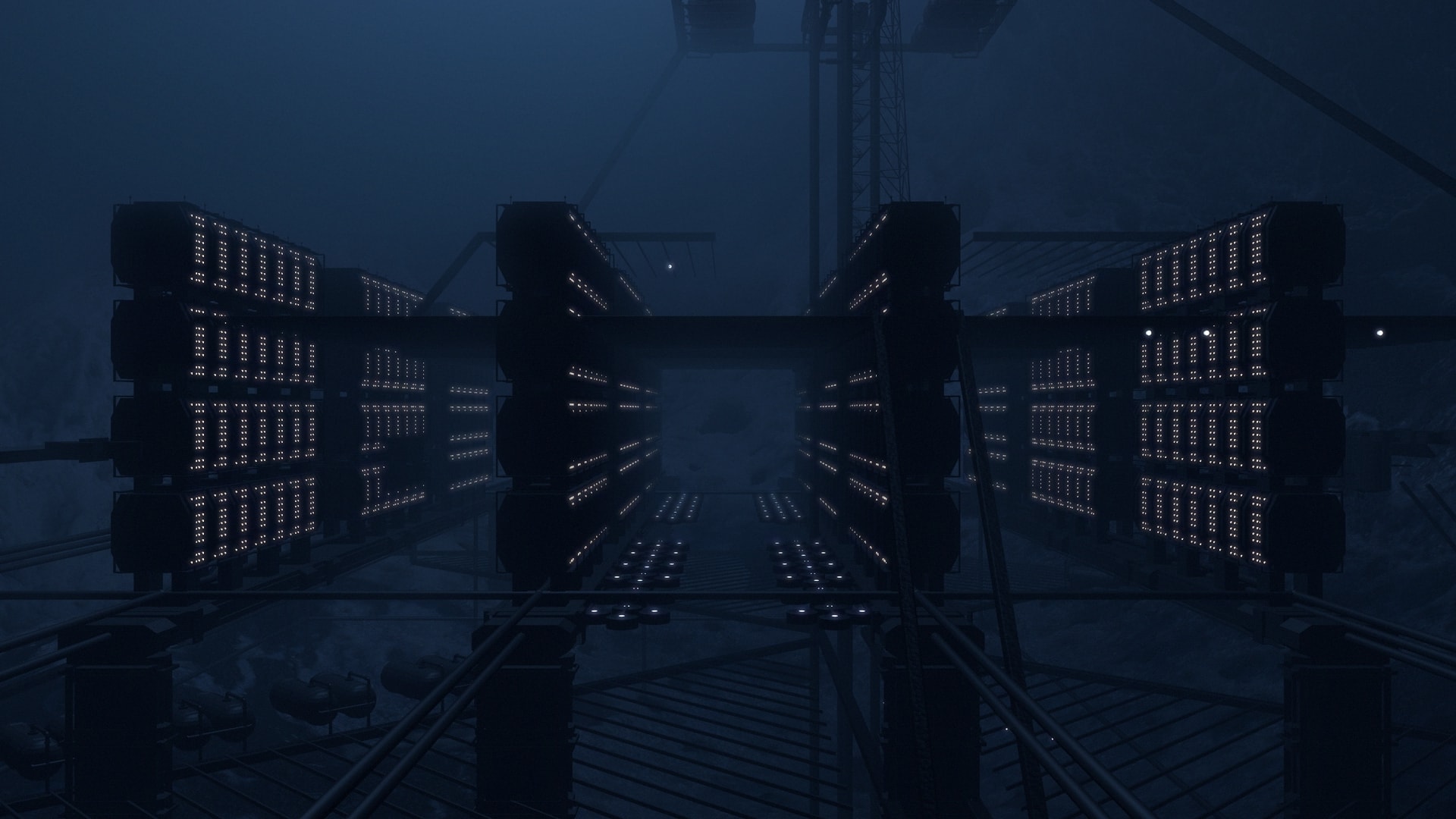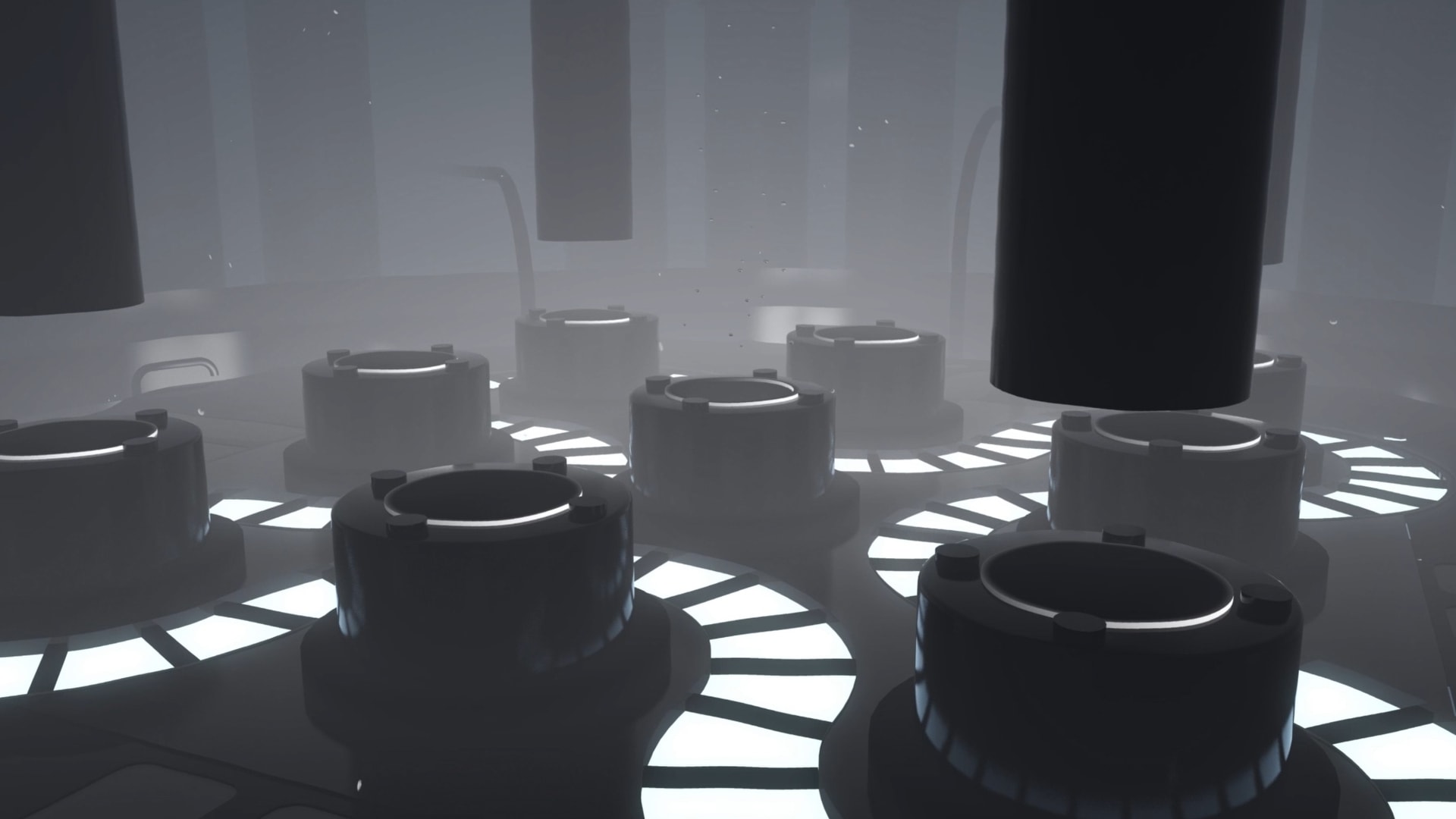
- - MASP EXHIBITION - VIDEO ROOM: EMILIJA ŠKARNULYTĖ (BR), 10.10.2025 - 11.23.2025
- - THE NEW ORCHESTRA. GROUP SHOW AT MUSEO DELLA MONTAGNA (IT), 30.10.2025 - 31.05.2026
- - BALTIC | ESCAPING WITH ČIURLIONIS SYMPOSIUM AT YALE MACMILLAN CENTER (US), 30-31.10.2025
- - SOLO SHOW: EMILIJA ŠKARNULYTĖ - KUNSTHAUS GRAZ (AT), 08.11.2025 - 15.02.2026
- - MARINE ECOLOGIES EXHIBITION AT BALTIC (UK), 8.11.2025 - 03.05.2026
- - MUNCH TRIENNIAL ‘ALMOST UNREAL’ (NO), 15.11.2025 - 22.02.2026
- - SOLO SHOW AT TATE ST IVES (UK), 06.12.2025 - 12.04.2026
- - IMMERSIVE SINGLE-CHANEL PIECE BY EMILIJA ŠKARNULYTĖ (CH), 22.08.2026 - 08.11.2026

- Riparia
- Hypoxia
- Penumbra, Fondazione in Between Art Film, 2022
- Chambers of Radiance, Radvila Palace Museum of Art, 2022
- Eternal Return, Tate Modern, 2021
- t 1/2, Den Frie Centre of Contemporary Art, 2021
- Sunken Cities, Kunsthaus Pasquart, 2021
- Circular Time. For Aleksandra Kasuba, National Gallery of Art, 2021
- Chambers of Radiance, The PinchukArtCentre, 2020
- Screen City Biennial, 2019

Emilija Škarnulytė is a Lithuanian-born artist and filmmaker. Working between the realms of the documentary and the imaginary, Škarnulytė makes films and immersive installations exploring deep time and invisible structures. She works in realms that range from the cosmic and geological to the ecological and political.
She most recently presented works at MoMA PS1, Palais de Tokyo, Louisiana MoMA, Villa Medici, MORI Art Museum, Kiasma, Gwangju Biennale, Helsinki Biennale, Penumbra. Her work was presented in solo exhibitions at Kunsthall Trondheim (2024), Canal Projects, NYC (2024), Kunsthaus Göttingen (2024) Ferme-Asile, Sion (2023); Kunsthaus Pasquart, Biel/Bienne (2021); Den Frie, Copenhagen (2021); National Gallery of Vilnius (2021); Künstlerhaus Bethanien, Berlin (2017); Contemporary Art Centre CAC of Vilnius (2015). An upcoming show at Tate St Ives will open in October 2025.
Prizes awarded to her include the 2023 Ars Fennica Award and the 2019 Future Generation Art Prize. She represented Lithuania at the XXII Triennale di Milano and participated in the Baltic Pavilion at the 2018 Venice Architecture Biennale. She has films in the collections of the Centre Pompidou, Kadist Foundation, Kiasma, Fondazione in between Art and Film, IFA, HAM, FRAC Corsica, LNMA, MO Museum, and private collections. Her works have been screened at the Tate Modern and Serpentine Gallery in London, Centre Pompidou in Paris, Museum of Modern Art in New York, and numerous film festivals, including Oberhausen, Visions du Réel, Rotterdam, Busan, among many others.
She is a founder and currently co-directs Polar Film Lab, a collective for analogue film practice located in Tromsø, Norway and is a member of the artist duo New Mineral Collective.



Loop video, 2023, 4K
Data is not an abstract concept. It is an object on Earth. As the limitations of data retention in normal environments become more apparent, given the exponential growth of data created, entities that control cloud servers seek more and more novel means of storage. The deep oceanic environment is paradoxical. It offers temperature control, predictable patterns, and insulation from human error and the seasonal vicissitudes of climate above mean sea level. It is also a black box. Without close human contact, subject to unknown risks, ranging from marine fouling by invertebrate lifeforms and chemical reactions to unpredictable seismic events, new vulnerabilities emerge.
Rakhne is an exploration of the meeting point of the hidden and the revealed, the artificial and the natural, constructed with computer imagery and AI-generated polyvocal music to investigate the ways in which data is constructed and mythologized in the present moment.
Written and directed by Emilija Škarnulytė
Producers Emilija Škarnulytė
Editors Vytautas Tinteris
Sound design Jokūbas Čižikas
Swimmer Emilija Škarnulytė
Production Mirror Matter Productions



